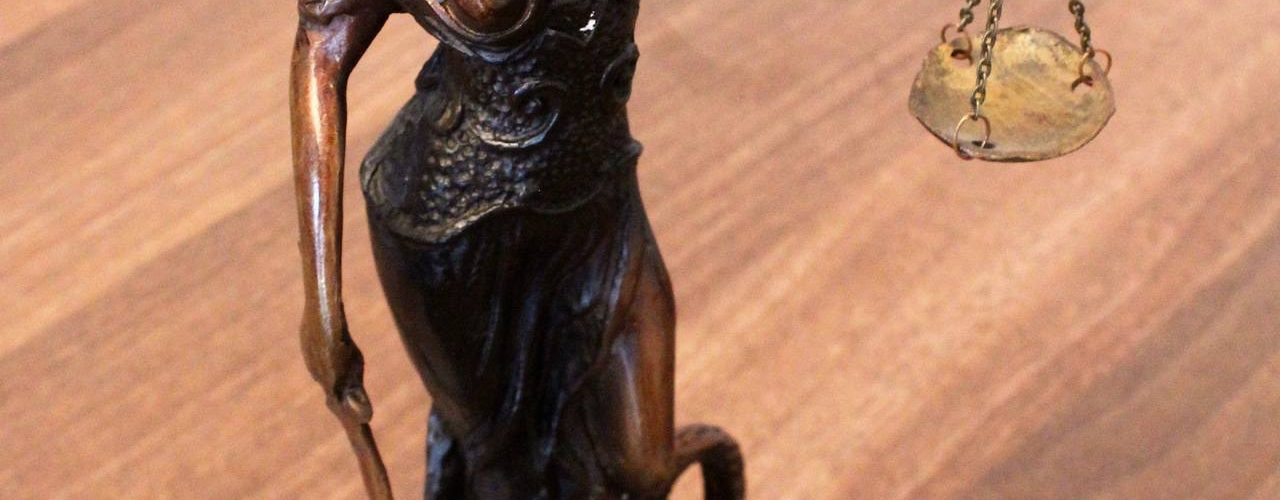he ECJ issued the preliminary questions and facts in the case C-475/23 (Voestalpine Giesserei Linz).
Context:
Article in the EU VAT Directive
Totle X of the EU VAT Directive 2006/112/EC – ”Deductions”
Facts
- In this case, the appellant – VOESTALPINE GIESSEREI LINZ GMBH (‘Voestalpine’) – sought, in proceedings against the respondents – THE REGIONAL DIRECTORATE-GENERAL OF PUBLIC FINANCES, CLUJNAPOCA, and THE REGIONAL PUBLIC FINANCE ADMINISTRATION, CLUJ – the annulment of assessment notice F-CJ_855/11.10.2021 rejecting the appellant’s request for a refund of VAT in the amount of Romanian lei (RON) 282 601.
- The appellant is a legal person resident in Austria and is part of the Voestalpine group, active in the production of various cast products weighing over 10 tonnes. The appellant is registered for VAT in Romania. The appellant sends various parts to Romania for processing, declaring an intra-Community acquisition. The parts are processed in Romania by the staff of the Romanian company ‘Global Energy Products’ SA (‘GEP’), which is a subcontractor of Austrex Handels GmbH (‘Austrex’). After the transactions are carried out by GEP, the parts are dispatched and invoiced by Voestalpine […] to Voestalpine Austria and other customers in the EU area.
- On 24 March 2021, the appellant was automatically registered as having a permanent establishment from 24 March 2021 onwards. Disagreeing with that decision by the tax authorities, the appellant appealed against it, and by civil judgment No 2014/21.7.2022 of the Regional Court Cluj […], which became final
pursuant to judgment No 1135/10.11.2022 of the Cluj Court of Appeal, it was held that the appellant’s registration as having a permanent establishment in Romania was lawful. - A framework contract for the supply of goods was concluded between the appellant and the subsidiary Austrex, under which Austrex, as the supplier of steel-product processing activities, in particular the cast products of Voestalpine Giesserei, in Austria and Romania, undertook to fulfil the appellant’s orders for goods and services, and was given authority to use another company, namely GEP, for that purpose. In order to provide those services, the appellant granted [the company] Austrex a right of enjoyment, transferable to GEP, of a building situated in Cluj-Napoca, which the appellant in turn leased from ‘Voestalpine România’ Srl (subsequently, in 2016, the appellant purchased the property). The subject matter of the contract consists, inter alia, in the processing, testing,
polishing, electric arc welding, welding by other means, sand-blasting and heat treatment of cast products. - The appellant and Austrex concluded a loan agreement concerning the building situated at Bd. (avenue) Muncii No 18, Cluj-Napoca. Under the contractual provisions, routine maintenance work on the building and on the equipment located therein was the responsibility of Austrex, while repairs for serious damage or substantial deterioration were the appellant’s responsibility.
- For June 2021 the appellant recorded a deficit with option for a refund, and it was therefore the subject of an advance tax inspection. The VAT refund concerned the following invoices: delivery of 50-tonne bridge crane; assembly, commissioning of 50-tonne bridge crane and approval by ISCIR [State inspectorate of boilers, pressure vessels and lifting equipment]; rental of load mass test stand; fifth inspection of 50-tonne crane; repair of crane in the warehouse located at No 18 Bd. Muncii. Specifically, the refund requested concerns the purchase of a crane which the applicant placed in the building that was made available to [the companies] Austrex and GEP, a crane used in the operations carried out on the appellant’s parts by employees of [the company] GEP.
- The tax authorities found that even though, at the time of the refund application, the appellant was registered with a permanent establishment in Romania, it did not act as such from an accounting or tax point of view and did not draw up accounting statements showing the revenue and costs entered in the accounts. Taking this into account, as well as the fact that the premises are made available to the company Austrex free of charge, the tax inspection unit took the view that the appellant had not provided evidence that the purchases in question had been made for the purposes of carrying out its economic activity, which is why it was not granted the right to deduct the sum of RON 282 601.
- The appellant challenged the tax assessment rejecting the application for a VAT refund, as set out in paragraph 1.
- By civil judgment No 9/2023 of the Cluj Regional Court, the appellant’s action was dismissed at first instance. In arriving at that conclusion, the Regional Court held, in essence, that the appellant had failed to provide evidence that the purchases in respect of which it had sought deduction of VAT had been made for the purposes of its taxable transactions, in view of the fact that the documents made available to the tax authorities did not show any revenue generated by the appellant as a result of its activity in Romania. Similarly, it was considered that the activity carried out in Romania generated revenue for the appellant only indirectly; Austrex and its subcontractor, GEP, were the direct beneficiaries, and they both issued invoices for operations for which the crane was used.
- The appellant appealed against judgment No 9/2023 of the Cluj Regional Court. In the course of the appeal proceedings, the appellate court raised the question of how to interpret the EU law applicable in the present case and invited the parties to consider the need to make a reference to the Court of Justice of the European Union for a preliminary ruling.
Summary
The case involves Voestalpine, an Austrian company that sought the annulment of an assessment notice rejecting its request for a VAT refund in Romania. The company is registered for VAT in Romania and sends parts to be processed by a Romanian subcontractor. The tax authorities registered the company as having a permanent establishment in Romania, which the company disputed but lost in court. The dispute over the VAT refund arose because the company did not provide sufficient evidence that the purchases were made for its economic activity. The company challenged the tax assessment but lost in court.
Questions
- 1. Do the provisions of Council Directive 2006/112/EC on the right to deduct VAT preclude a national practice whereby, if a company purchases goods which it then makes available to a subcontractor free of charge so that the subcontractor may carry out activities for the first company, that company is refused the right to deduct the VAT on the goods purchased, on the grounds that the purchase is deemed not to be for the purposes of its own taxable transactions but for the purposes of the subcontractor’s taxable transactions?
- Do the provisions of Council Directive 2006/112/EC on the right to deduct VAT preclude a national practice whereby a taxable person is refused the right to made deductions on the grounds that he or she has not kept separate accounts for his or her permanent establishment in Romania, thus preventing the tax authorities from verifying the costs of the labour used for the cast products of which the owner is [that taxable person], let alone the entire processing activity carried out in Romanian territory?
Summary
Does EU Directive 2006/112/EC allow for a national practice where a company is denied the right to deduct VAT on goods purchased if they are provided to a subcontractor for the subcontractor’s taxable transactions? Similarly, does the directive allow for a national practice where a taxable person is denied the right to deduct VAT due to a lack of separate accounts for their permanent establishment in Romania, hindering the tax authorities from verifying costs related to labor and processing activities carried out in Romanian territory?
AG Opinion
Decision
Summary
Source
Similar ECJ cases
Reference to the case in the other EU MS
Newsletters
Join the Linkedin Group on ECJ VAT Cases, click HERE
For an overview of ECJ cases per article of the EU VAT Directive, click HERE















